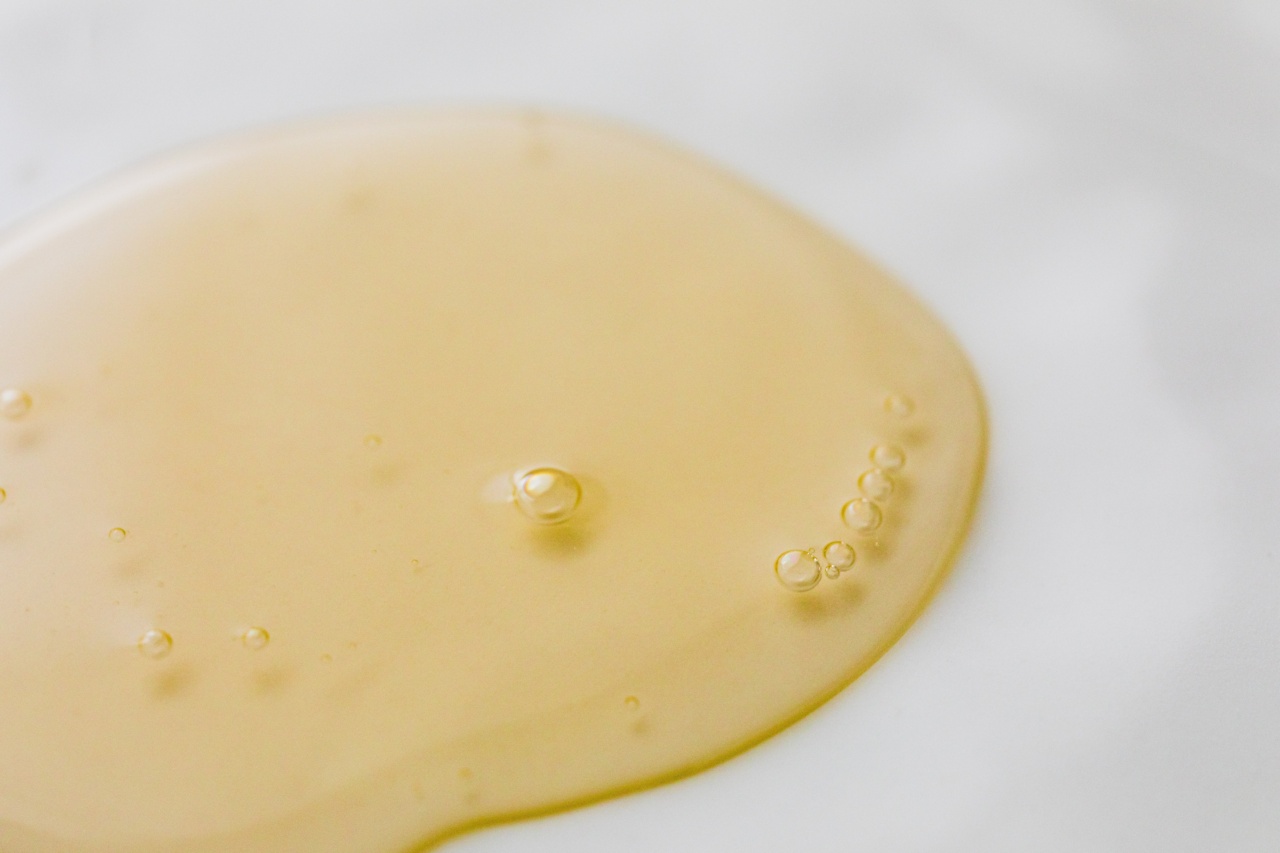Having a regular shower schedule is not only essential for personal hygiene but also plays an important role in maintaining overall health and well-being.
By following a recommended shower routine, you can promote cleanliness, prevent various skin infections, and enjoy a refreshing start or end to your day. In this article, we will discuss the benefits of a consistent shower schedule and provide guidelines for the frequency and best practices for showering.
Understanding the Role of Personal Hygiene
Personal hygiene practices, including showering, are crucial for eliminating dirt, sweat, and odor-causing bacteria from our bodies.
Cleansing the skin regularly helps prevent the buildup of grime, dead skin cells, and other impurities that can clog pores and lead to skin problems such as acne or infections.
The Recommended Shower Frequency
While the ideal shower frequency can vary depending on personal preferences and certain factors like climate and physical activity levels, experts generally recommend showering at least once every 24 to 48 hours.
Regular showering not only helps maintain skin health but also prevents unpleasant body odor.
Factors Affecting Shower Frequency
Several factors should be considered when determining how often to shower:.
1. Activity Level
If you engage in activities that make you sweat heavily, such as intense workouts, it’s recommended to shower immediately afterward to cleanse the skin and remove sweat, which can mix with bacteria and cause a foul odor.
2. Climate and Environmental Conditions
Individuals living in hot and humid climates may need to shower more frequently than those in cooler regions. Heat and humidity can increase sweat production, making daily showers more desirable to prevent discomfort and potential skin issues.
3. Skin Type
People with oily skin tend to produce more sebum, which can attract dirt and bacteria throughout the day. They may benefit from daily showers to maintain a healthy complexion.
However, individuals with dry or sensitive skin should be cautious as too much showering or using harsh soaps can strip away natural oils and cause dryness or irritation.
4. Allergies and Skin Conditions
If you have allergies or certain skin conditions, your dermatologist may recommend a specific shower routine to alleviate symptoms and minimize the risk of flare-ups. It’s best to follow their advice for managing your condition effectively.
Shower Best Practices
Now that we’ve discussed the recommended frequency of showering, let’s look at some best practices to ensure you get the most out of your showers:.
1. Use Lukewarm Water
Avoid using extremely hot water, as it can strip away natural oils and damage the skin’s protective barrier. Opt for lukewarm water instead, as this temperature is gentle on the skin and helps to open up pores for effective cleansing.
2. Limit Shower Time
While a long hot shower may be tempting, excessive exposure to water can actually dry out the skin. Keep your showers to a maximum of 10-15 minutes to prevent moisture loss and skin dehydration.
3. Choose Mild, pH-Balanced Cleansers
Using harsh soaps or cleansers can disrupt the skin’s pH levels and lead to irritation. Opt for mild, pH-balanced cleansers that effectively remove dirt, oil, and sweat without causing dryness or imbalances.
4. Gently Pat Dry
After your shower, avoid rubbing your skin vigorously with a towel. Instead, gently pat yourself dry to retain some moisture on the skin’s surface. Apply moisturizer within a few minutes of showering to lock in hydration.
5. Moisturize Regularly
Using a moisturizer after showering is crucial to replenish lost moisture and keep your skin soft and supple. Choose a moisturizer suitable for your skin type and apply it generously all over your body.
Conclusion
A recommended shower schedule is key to maintaining good hygiene and overall well-being. While shower frequency may differ based on individual needs, aiming for at least one shower every 24-48 hours is generally advised.






























